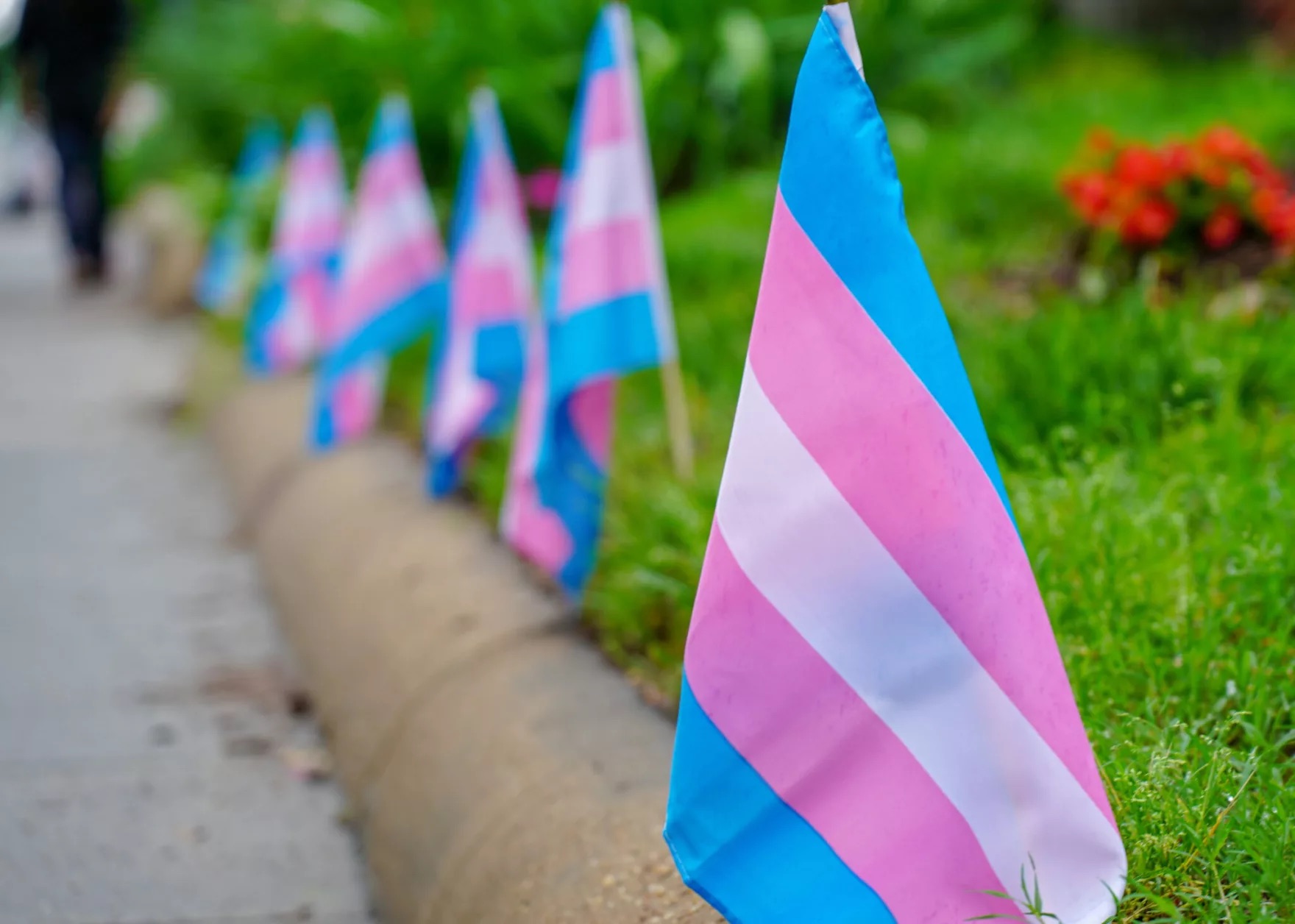Cuyahoga County recently became the first and only county in Ohio to ban conversion therapy. While state legislation remains stalled, this will impact the county in which 14% of adolescents identify as LGBTQ+. Across the state, 14 municipalities including Toledo, Columbus and Cincinnati have banned the practice. Although the area of Cleveland, Lakewood and Cleveland Heights already has local bans in place, this ordinance expands protection to the rest of the residents in Cuyahoga County. The county council members, including 10 Democrats and one Republican, voted unanimously to ban conversion therapy practices, a measure led by the council’s first openly gay member, Robert Schleper Jr. of District 6.
The ban would enforce that individuals who practice conversion therapy on minors would face the possibility of losing their license to practice medicine and fines up to $3,500. According to WebMD, conversion therapy is defined as “any emotional or physical therapy used to ‘cure’ a person’s attraction to the same sex or their gender identity and expression.” Often the process involves aversion conditioning through using chemically induced nausea, electric shocks and food deprivation. Medical professionals and mental health experts have denounced its use and ineffectiveness as well as its potential to cause a variety of mental health issues, substance use, homelessness and even suicidal ideation. The ban cites an extensive study conducted by the Williams Institute of the University of California, Los Angeles’s School of Law in 2019 on the effects of the process. The institute has reported that several hundred thousands of Americans have been exposed to conversion therapy with nearly half being exposed during adolescence.
Schleper worked closely with the activists who brought his attention to the problem in the first place.
“When a small group of concerned citizens decide that they would like to create change, they can do so,” Shleper said in an interview with Singal Cleveland.
Brandon West, one of the activists driving the movement, started with his efforts in the city of Lorain. After researching other cities in Ohio that have banned conversion therapy, he developed a version that would work for Lorain. Now, he has set his sights on doing the same for Summit County.
To enforce the ban, the Human Rights Commission has been tasked with overseeing complaints following the same procedures used for discrimination complaints. If a Cuyahoga resident believes they have been subjected to conversion therapy practices, they can submit a formal complaint to the organization. The violation must have occurred “within three years prior to the complaint.” Schleper also reminds that those who do file a complaint will have their identity protected under Family Education Rights and Privacy Act, known as FERPA. He also establishes that banning conversion therapy is a non-partisan issue, which may be part of the success in initiating it.
“In my opinion, this is about making sure we’re taking care of people [and] that a broadly discredited practice is no longer able to happen in our community,” Schleper said.
He believes the passing of the ban is a pivotal moment for the county that makes it “a place for everyone.”
The unanimous support shows a moment of shared unity among council members and sends a collective message. Proponents for this ban would like to see a statewide protection, but efforts have been stuck in Ohio’s Republican dominant legislature. The county council’s lone Republican member, Michael Gallagher, recognized the struggle, researched the topic and realized that conversion therapy was not in the best interest for the residents he represents.
“This isn’t really a tough decision,” Gallagher said in an article by Cleveland News. “We really need to protect people, regardless of what our thoughts or political beliefs might be.”
This conversation is being discussed at a national level as well. As of Oct. 7, the U.S. Supreme Court is reviewing the challenge against Colorado’s ban on conversion therapy for minors in the Chiles v. Salazar case. Kaley Chiles, a religious counselor in Colorado, argued that it infringes upon her First Amendment rights to free speech and religious expression. Ruling against Colorado could have similar implications across the country; protections against conversion therapy in areas like Cuyahoga County, where the ban was just implemented, could face similar conflicts.


